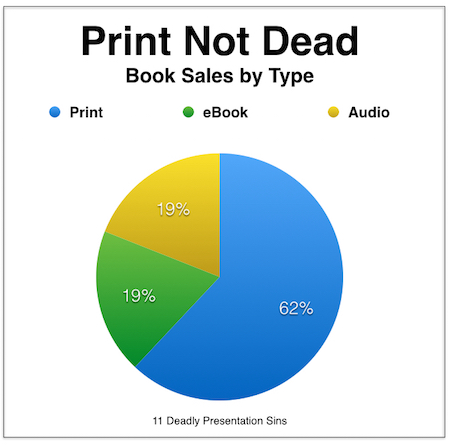We are likely to hear the word “tragedy” used a lot this week.
For years, the overuse of this word has bothered me. As an English major, I was trained in the classical definition of a tragedy, which is essentially the story of a hero falling from grace due to some flaw in his or her nature (often hubris).
So while a car accident or a housefire may indeed be very sad, it is not strictly a tragedy. But try telling that to the victims’ families.
So I have relented on tragedy, as I have with numerous words whose strict definition has evolved with use. Like “decimate.” It technically means “to reduce by one-tenth,” so to say, “Hurricane Katrina decimated New Orleans” is actually a vast understatement. But the force of people using it to mean “utterly destroy” is as relentless as, well, a hurricane.
Another longtime hangup was “realize.” I contended for years that “realize” applies only to dreams and aspirations. “She finally realized her goal of becoming an architect.” But most people use realize in place of “recognize,” as in, “I realize I’m kind of persnickety when it comes to the language, but …”
While I can’t quite bring myself to use these words in the now generally accepted way, I refrain from correcting others, which I consider a healthy step in the right direction. In the face of an evolving language and a mostly indifferent public, being a language purist is a no-win proposition.
What are the words you’ve given up defending? Which will you still go to the mat for?





